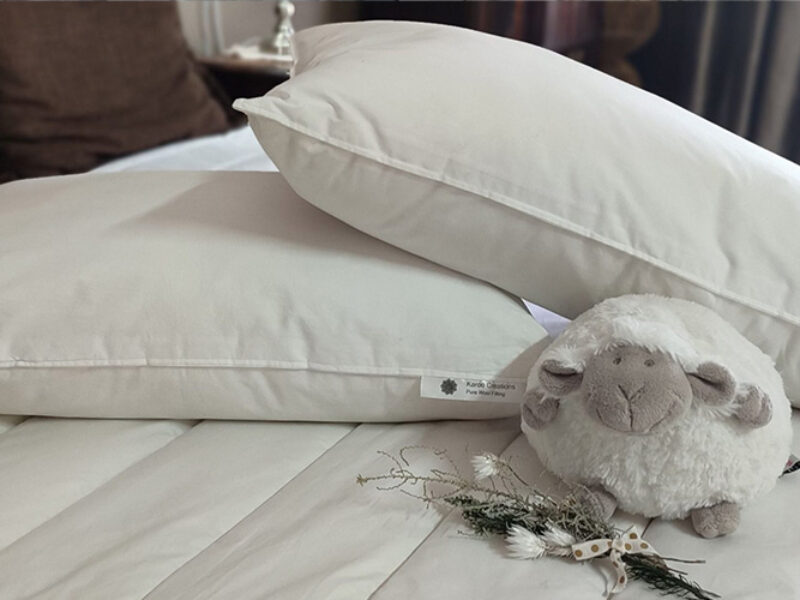Close up the pool for winter
How to prep your pool for hibernation
Summer pools are made in winter
Storytime:
I am a grown up now. Guess how I know this? I have a space to call home, and I have a pool in that space! Initially the idea of having a pool was a bit scary, but now that I have one, I can tell you – it’s amazing. Especially for the kids – every birthday party that comes along, I get to save on entertainment and simply open up the pool.
Yes, that means I spend the whole party walking around the pool constantly checking each child and counting heads and reapplying sunscreen and picking up wet towels…but hey, that’s motherhood.
What I actually want to get to is the fact that my pool ended up being a lot less trouble than I thought it would be. One reason for this? I keep it covered. Unless there is someone in it.
The cover was a safety measure at first but every single time I pulled it back to reveal pristine, sparkling blue water, I was shocked at what a difference a cover can make.
For more information on pool cover options, see our Weekly Fix about this.
A cover up is not the only way to go.
Whether you are now convinced to get a cover or not, there are other things you can do to prep your pool for winter.
Balance your water after the rainy season
Many spaces around the country have already received far more rain than usual. While this is not necessarily a bad thing, taking into account the terrible droughts of the past few years, this does mean that pools are flooded with rainwater, flushing their chemical balance out of whack. Now while you can gladly spend the money on getting a professional out and have them deal with it, a simple DIY test can already tell you a lot about the state of your pool water.
Here’s an instructional video by Speck Pumps, a local pool care company.
There are many DIY tests on the market and all of them are pretty straight forward:
Remove debris sources
Decaying leaves and other organic matter is a major contributor to “pool gunk”. Yes, that is my very scientific choice of words for stuff that collects on the bottom of the pool, rotting away and ruining your pool water. Whether this means you have to trim overhanging tree branches or put in a leaf filtration system or simply take the net and scoop out debris daily while it is still floating, just try to limit the amount of stuff that ends up on the bottom of the pool. Not only can this stain the pool, but it will also mean that your “creepy crawly” will get chocked up and stop working.
Keep the water level constant
A working pool cleaner system that physically cleans debris away while sending water through the filters is a must for any pool. That is why it is important to keep the pool debris free, but also for the water level to remain constant and sufficient. If you do not plan to cover your pool, this will mean topping up the pool to ensure that the weir and other components of your pool cleaner remains submerged. The moment your filtration system sucks in air, which can happen when the weir area’s water level is too low, it will either shut down, work less effectively or even sustain damage.None of which are ideal.
At least think about a “sunscreen”
Although all of these are good ways to keep your pool sparkling all through winter, we can’t stress enough the usefulness of a pool cover. If you don’t want to invest in a safety cover, you should at least look at a UV cover. Stopping sunlight form reaching your pool water unnecessarily will keep your water from evaporating, meaning a lot less water loss. Algae and other nasties also need UV light to grow so by depriving them of sunlight, you’ll ditch the yucky green stuff easily.
Feel up to year-round swimming?
If you have a pool heating system and you don’t plan to stop swimming this winter, good on you! Then you can simply continue with your normal regime…
If you want to keep swimming, but don’t have a water heating system yet, you are in luck. We recently took a deep dive (pun intended) into this subject and did all the research for you in our pool heating Weekly Fix.
Like we said – summer pools are made in winter, so don’t let your pool go to seed this cold season. Use it, close it or maintain it.



